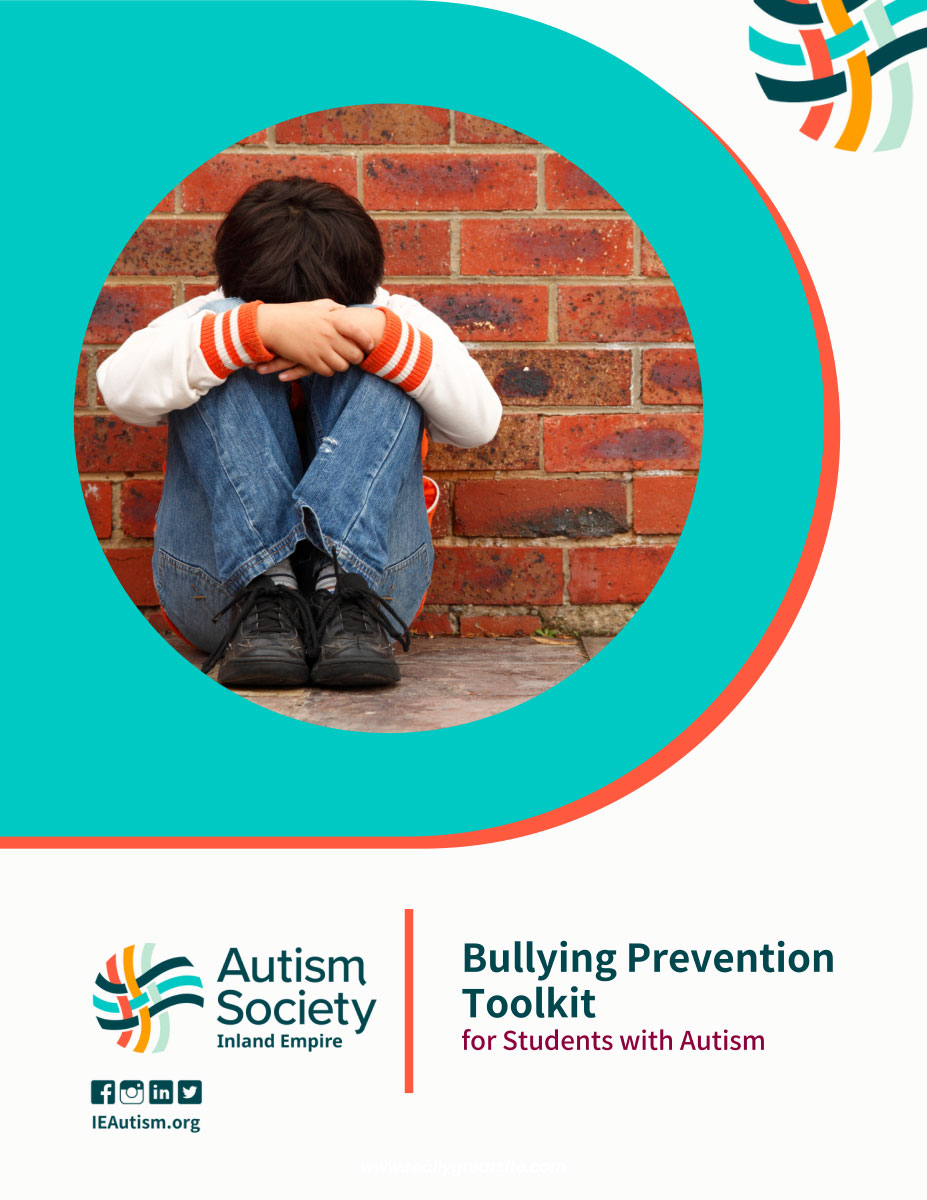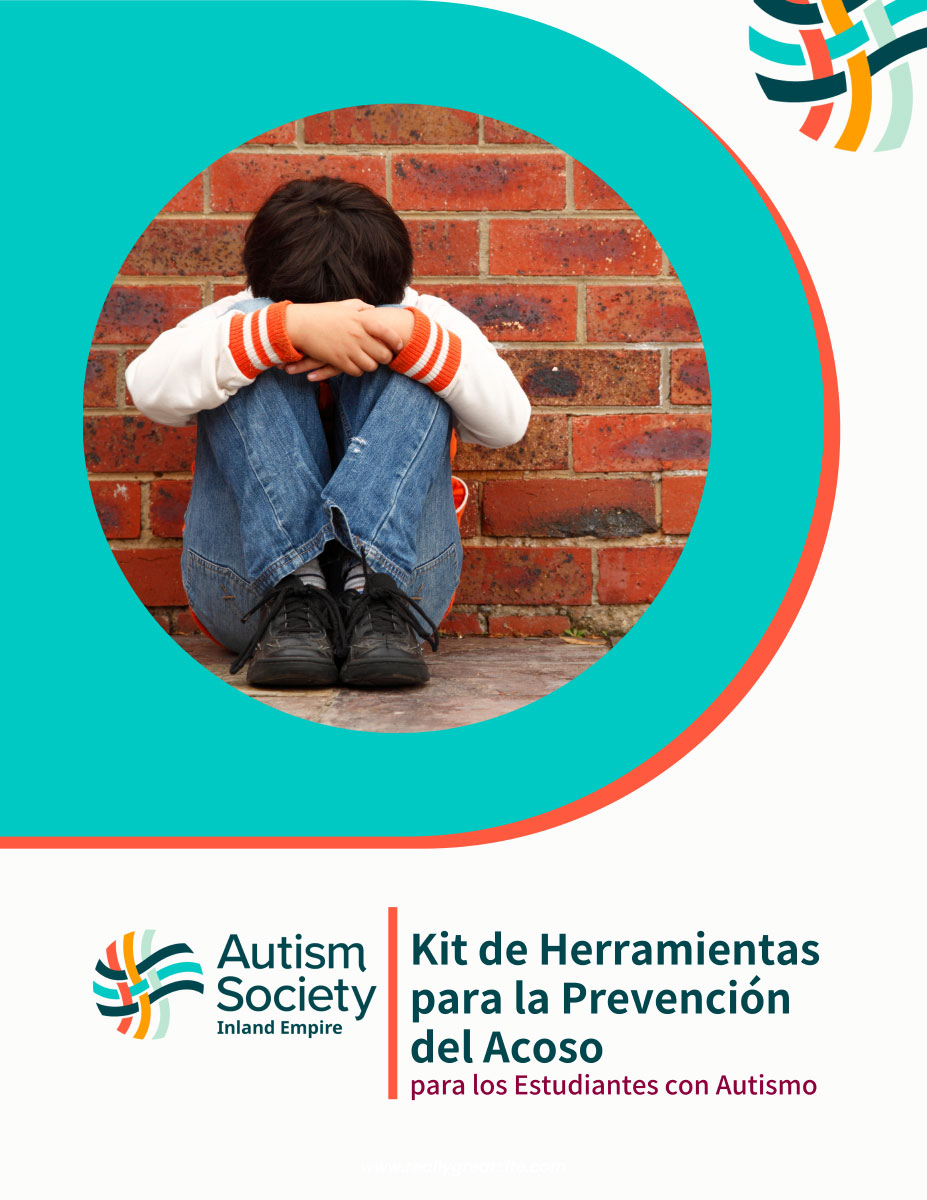Unfortunately, in today’s society, it is not unusual to hear stories about students being bullied. Today most people recognize bullying as very serious and that it cannot be dismissed as “kids being kids,” harmless teasing, or a childhood rite of passage. Left unchecked, bullying negatively affects the victims, the school community, and the bullies. Bullying can have a long-lasting impact on victims (and bullies), including depression, anxiety, lower grades, school avoidance, poor self-esteem, increased illness, fewer friends, school violence, and a higher dropout rate.
Thank you to the San Bernardino Fraternal Order of Eagles for their generosity in making this project possible. Thank you to all the resources referenced throughout this document and especially the Autism Society of North Carolina for their tremendous work in this field. We also extend our gratitude to Stephanie Fletcher, Anna Sosa, and Kevin E. Grisham, Ph.D.; without their insight, resources, and assistance, this project outcome would not be the same.
Autism Society Options Policy
This Resource Guide was developed to provide families and professionals with an opportunity to find resources related to autism in the Inland Empire in one place.
All information provided or published by the Autism Society Inland Empire is for information purposes only. Specific treatment, therapy or services should be provided to an individual only at the direction of the individual’s doctor, caregiver, or other qualified professional. References to any treatment or therapy option, program, service, or treatment provider are not an endorsement by the Autism Society. References of treatments, therapies, programs, services, and/or providers are not intended to be comprehensive statements. You should investigate alternatives that may be more appropriate for a specific individual. The Autism Society assumes no responsibility for the use made of any information published or provided. The Autism Society Inland Empire provides information, but it does not constitute medical or legal information. Referrals provided are suggestions to organizations that might help, but do not constitute a recommendation. The Autism Society Inland Empire cannot be held responsible for consequences that arise from individual dealings with a professional or organization. The inclusion of any organization does not imply endorsement, and omission does not imply disapproval. The Autism Society Inland Empire may add or remove organizations from this list at its discretion.




